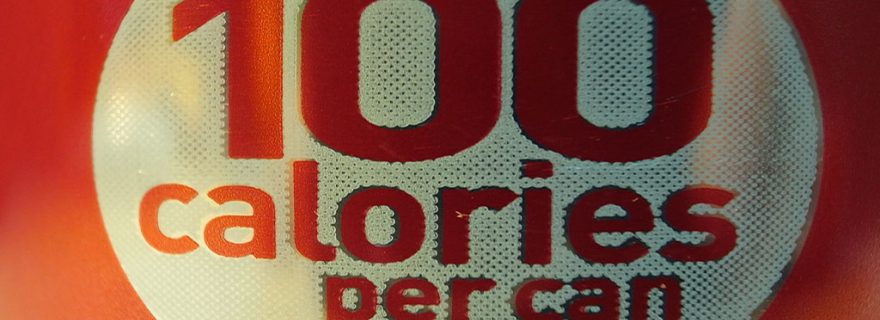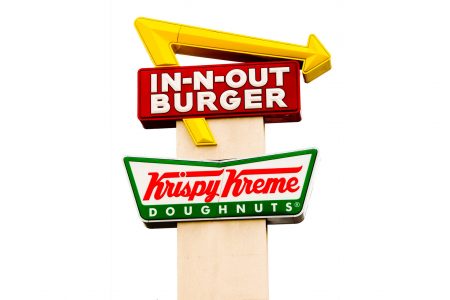Should a company’s social activities be consistent with its corporate goal?
Just recently, Coca-Cola started a media campaign to make consumers aware of the importance to keep a balance between calorie intake and calorie consumption. But how consistent is this?
Soft-drink producer Coca-Cola started a big media campaign to make consumers aware of the importance to keep a balance between calorie intake and calorie consumption. The company will, for instance, communicate calorie content on their products and inform consumers about what they can do to burn these calories. But what is their motivation to do this and how will consumers respond?
It is possible that Coca Cola launched the campaign to show that they are aware of their corporate social responsibility and, consequently, create positive effects on their corporate reputation (Alniacik et al., 2011). However, consumers may find it hard to believe that soft-drink producers adopt health policies out of a sincere sense of social responsibility, in view of their primary corporate goal: producing and selling products that can be harmful for public health. Indeed, the effectiveness of engaging in corporate socially responsible activities to gain public favor might depend on the apparent functional fit between the type of activity and the company’s core business (e.g., de Vries, Terwel, Ellemers, & Daamen, in press; Yoon, Gürhan-Canli, & Schwarz, 2006). Corporate social responsibility has a less positive effect on company image when it is shown by brands with “bad” reputations that engage in activities in the domain of their own core business. For example, Yoon and colleagues (2006) showed that people evaluated a cigarette manufacturer more negatively when the company indicated that they financially supported cancer research¬ than when it indicated support for environmental protection. This result suggests that consumers regard a company’s positive action (supporting cancer research) as insincere when it conflicts with the consequences of the company’s core business (producing cigarettes). Similarly, people may be skeptical when a soft-drink producer assumes the role of health guard, because at first sight this role seems to clash with the effects of the company’s core business (i.e., producing and selling soft drinks that hold a lot of calories).
In sum, Coca Cola should be aware of a backfiring effect of their campaign; they run the risk of losing public favor instead of gaining it.





